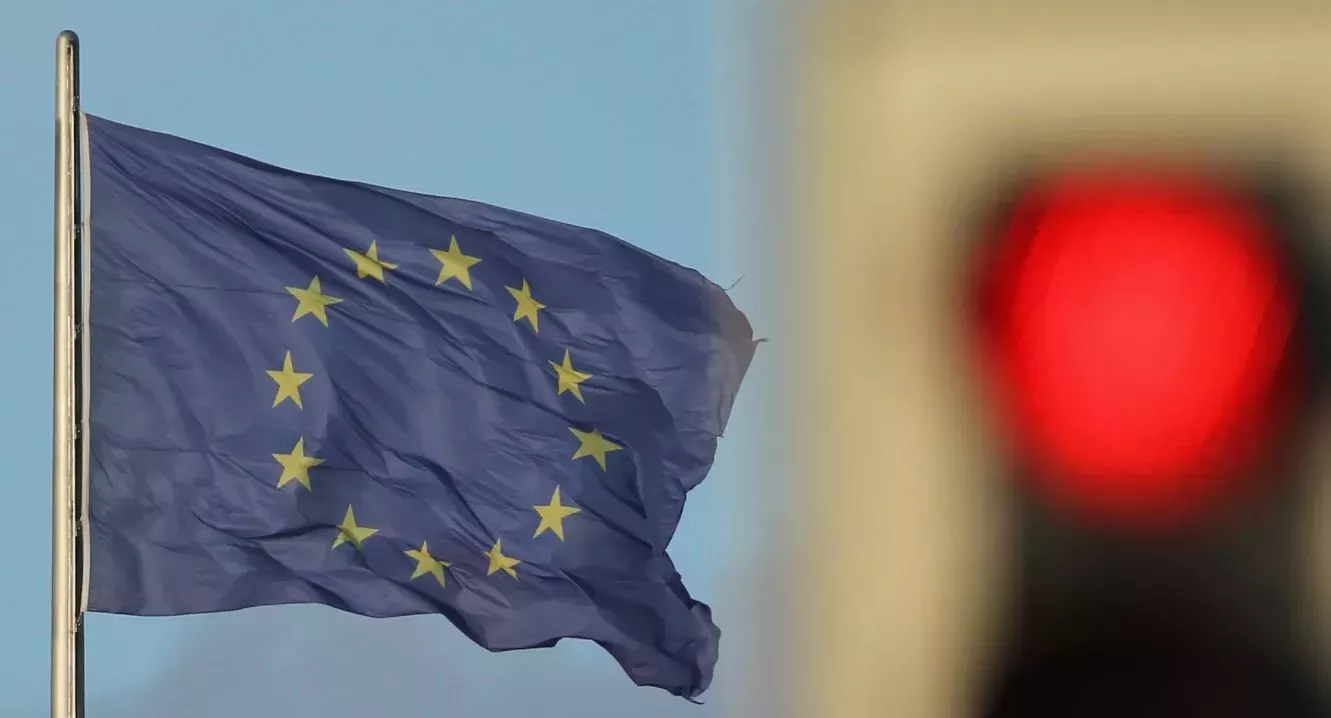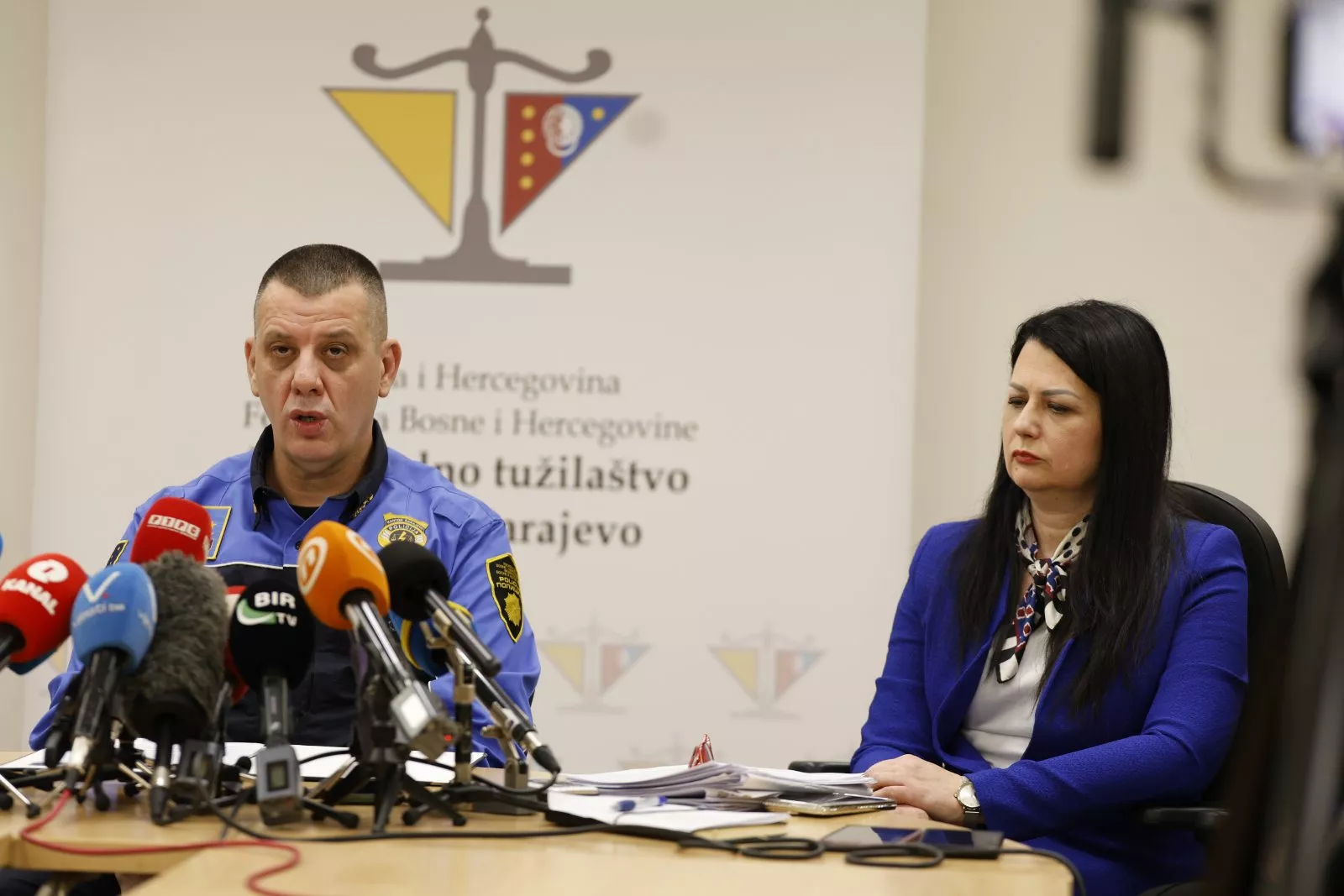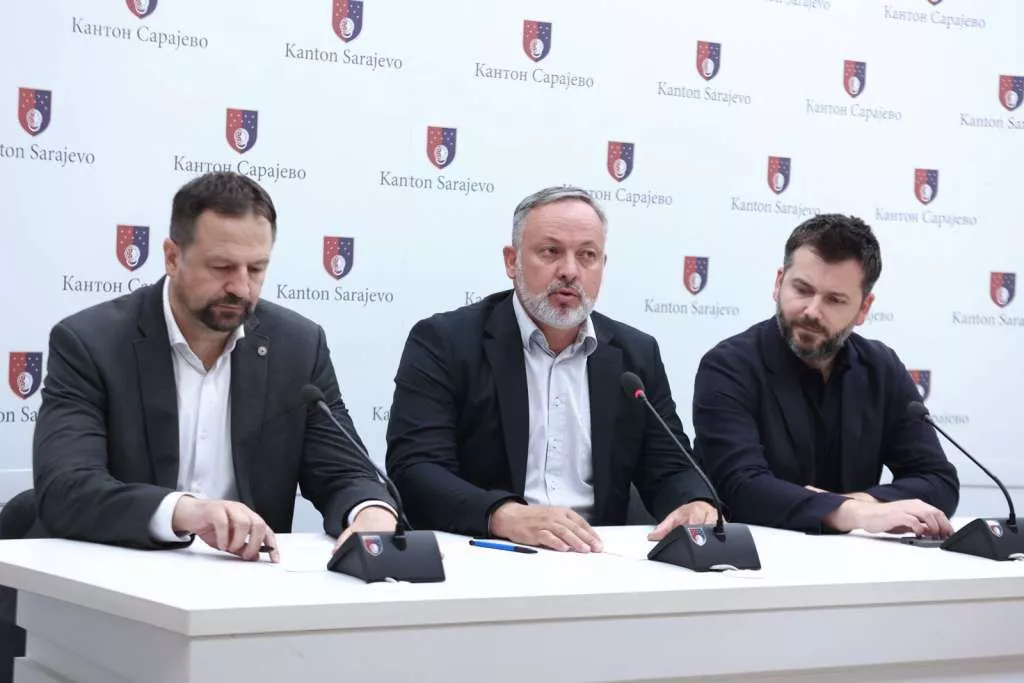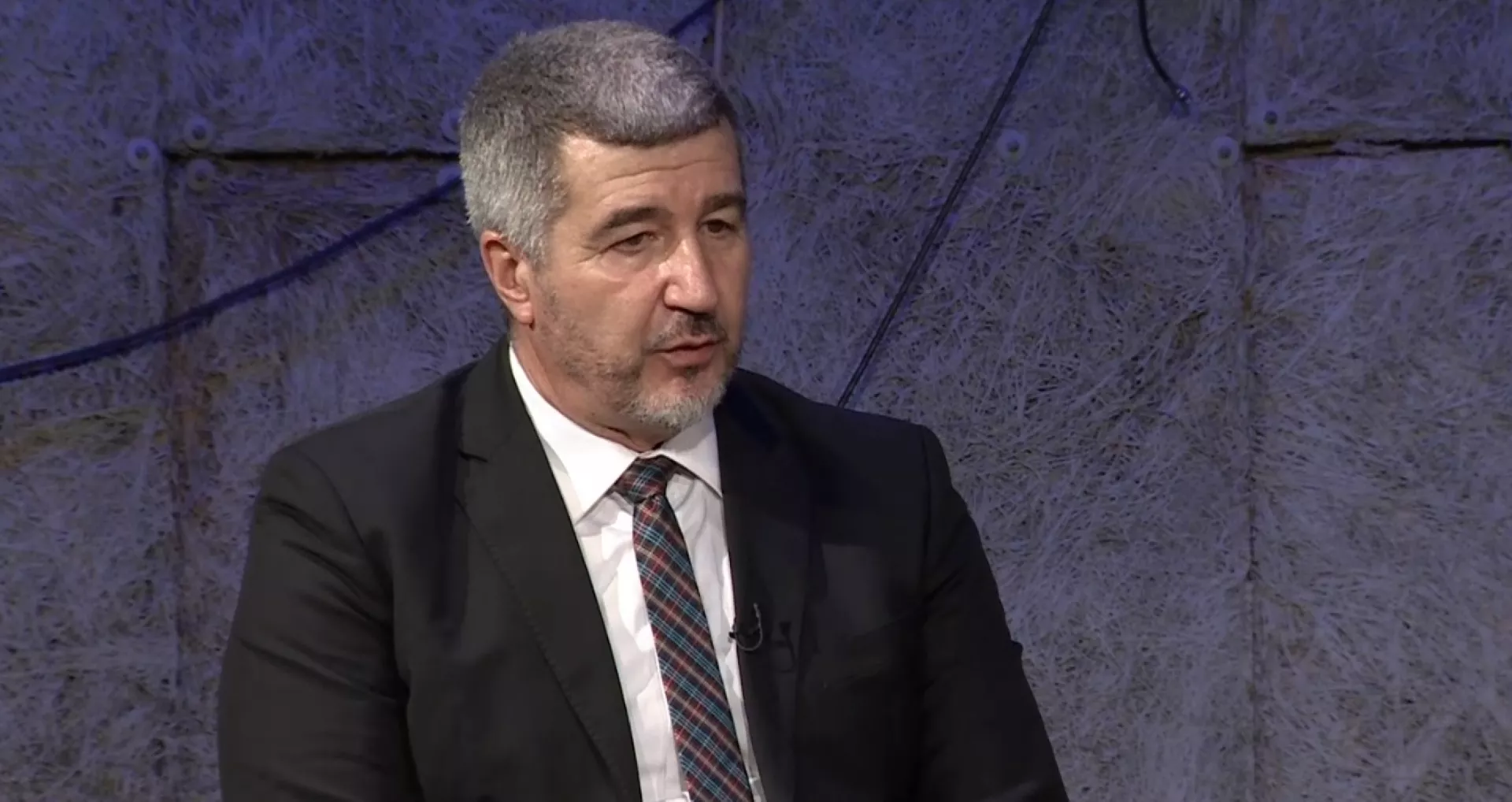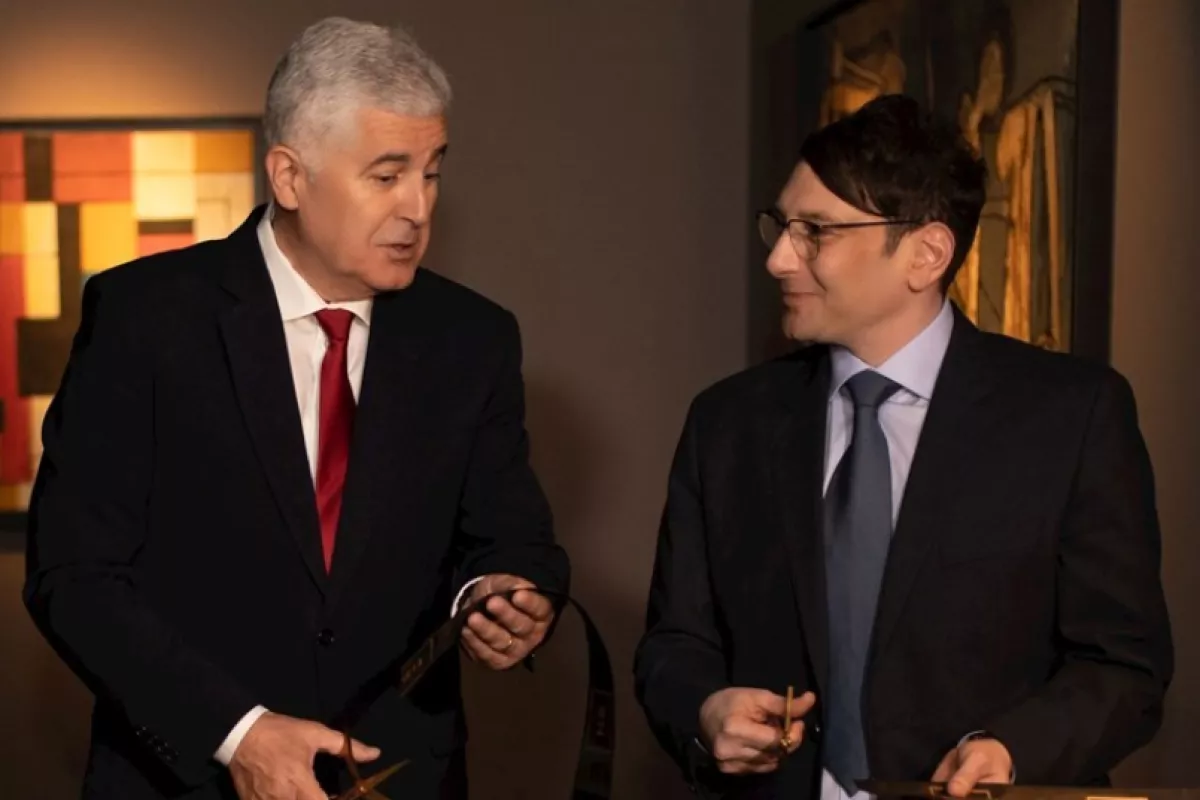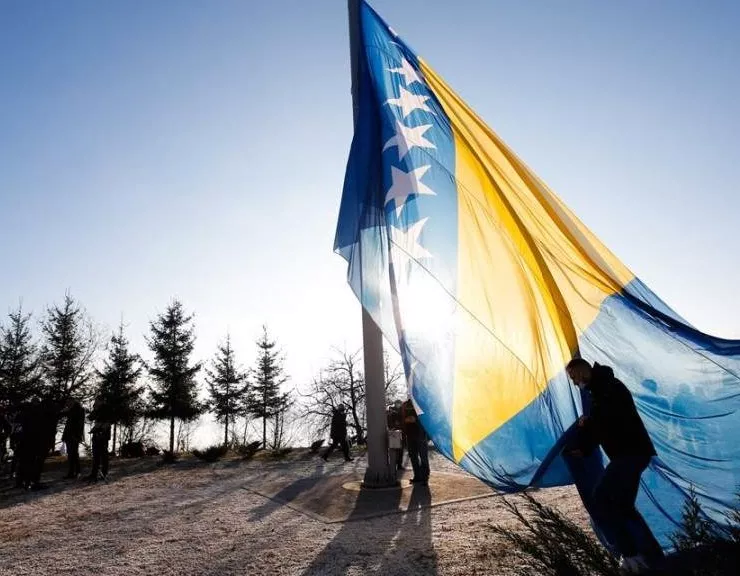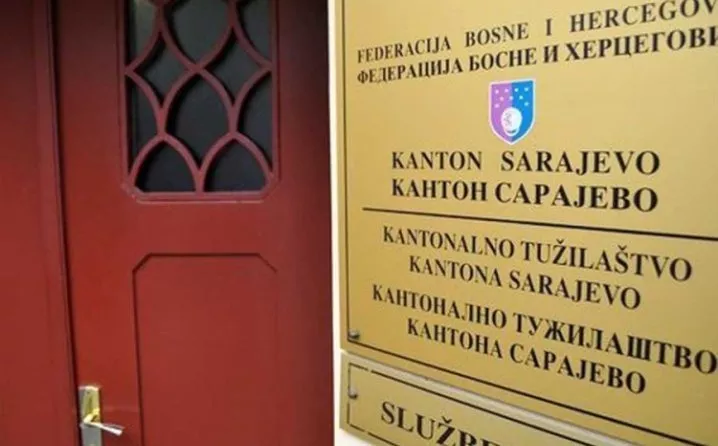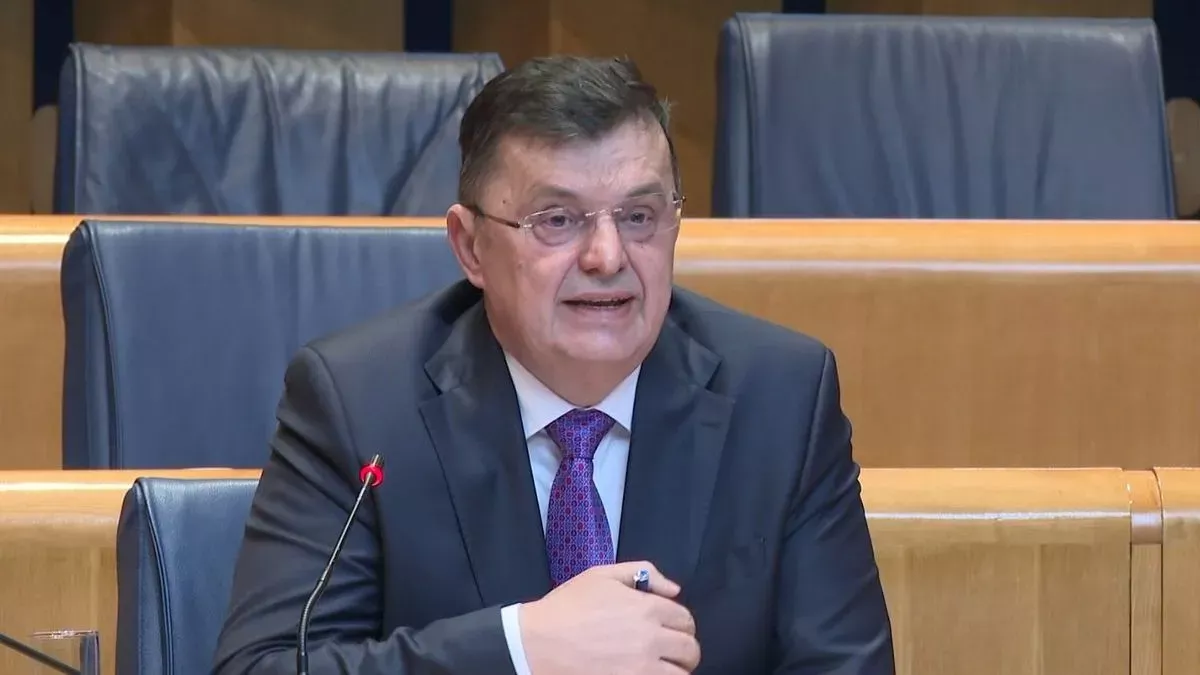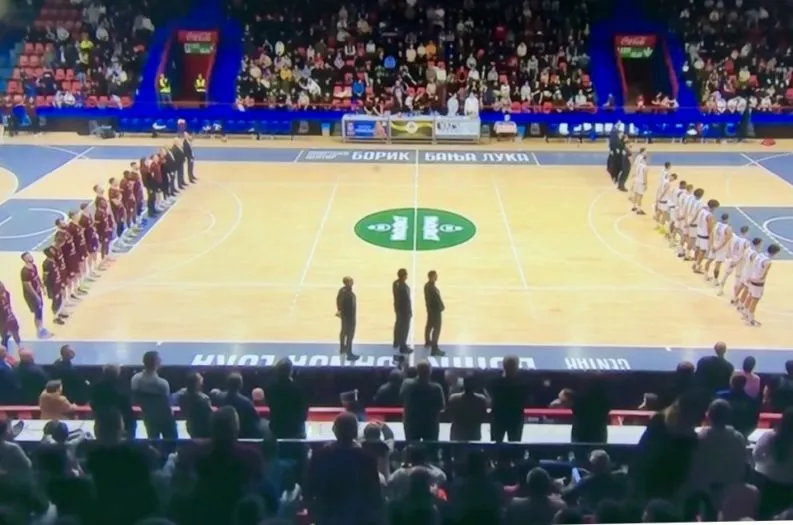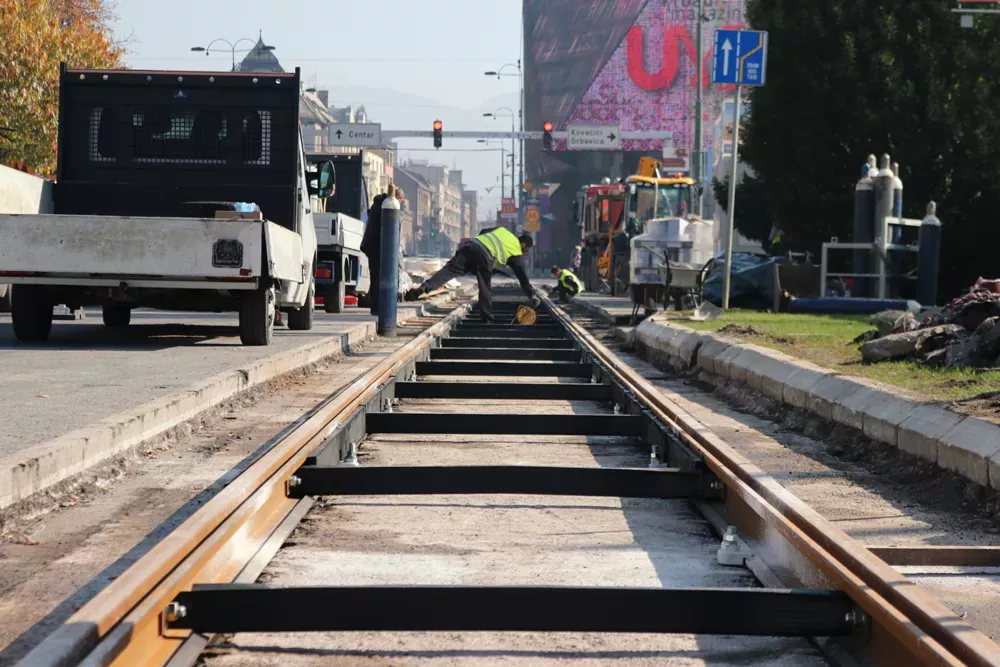

.jpg.webp)
On Thursday morning, the center of Mostar was covered with flags of so-called Croat Republic of Herzeg-Bosnia. That was the prelude to the 25th anniversary of the Croat community Herzeg-Bosnia.
The flags in its city center woke up ghosts in Mostar. Some analysts said that marking the anniversary of Herzeg-Bosnia is an attack on the state Bosnia and Herzegovina. And that cannot bring good to any of the peoples living there.
In an interview with Patria, Davor Gjenero, the esteemed politologist and political analyst says that he hopes the situation between the Croats and the Bosniaks is not that dramatic. He also hopes that Zagreb's rational attitude will help BH Croats overcome their position by which the Croats and the Bosniaks first have to solve problems between them in Federation, and then together, as allies, achieve a better position in the Republika Srpska that is, not to be treated as national minorities any longer but as constituent peoples.
- That is the only way for BiH to survive as one country, Gjenero said to us.
He is rather worried about the third entity getting stronger, although he says that 'in Croatia itself, more and more people come to realize that the third entity is the worst possible solution for the Croats in BiH, as a great part of the Croat population would remain without any political protection'.
Asked to comment on the official position of Zagreb vis a vis internal relations in BiH, more precisely, as regards the Croat people and forming the third entity, Gjenero says that, what Croatia needs right now is someone like its former president Stjepan Mesic who would say to Bosnian Croats that they should solve their problems in Sarajevo and not in Zagreb, because their capital is Sarajevo and not Zagreb.
- It seems to me that is what the political elite in Zagreb thinks, yet they don't dare to say it out loud, Gjenero says.
- The only course Zagreb can offer to BiH, that is, to the Croats in BiH, is a strong support for europeanization, as model of europeanization is, figuratively speaking, some kind of deflection from the Dayton and getting closer to Brussels. It can also be a framework for establishing equal relations primarily of Croats and Bosniaks, and then in the next phase, of all the three constituent peoples, Gjenero thinks.
Asked if the official Croatian politics in Zagreb fears to speak their mind about the Croats in BiH as they could lose votes from BiH, Gjenero says that is the essence of the problem of the current Croatian position.
- The problem lies within the fact that, at present, Mr. Covic has a greater influence on the politics in Croatia than Croatia has on the processes e.g. in Mostar, or those inside the political elite of the Croats in BiH. Yet, those processes cannot be beneficial for the current leadership of HDZ BiH in the long run, Gjenero said to Patria.
